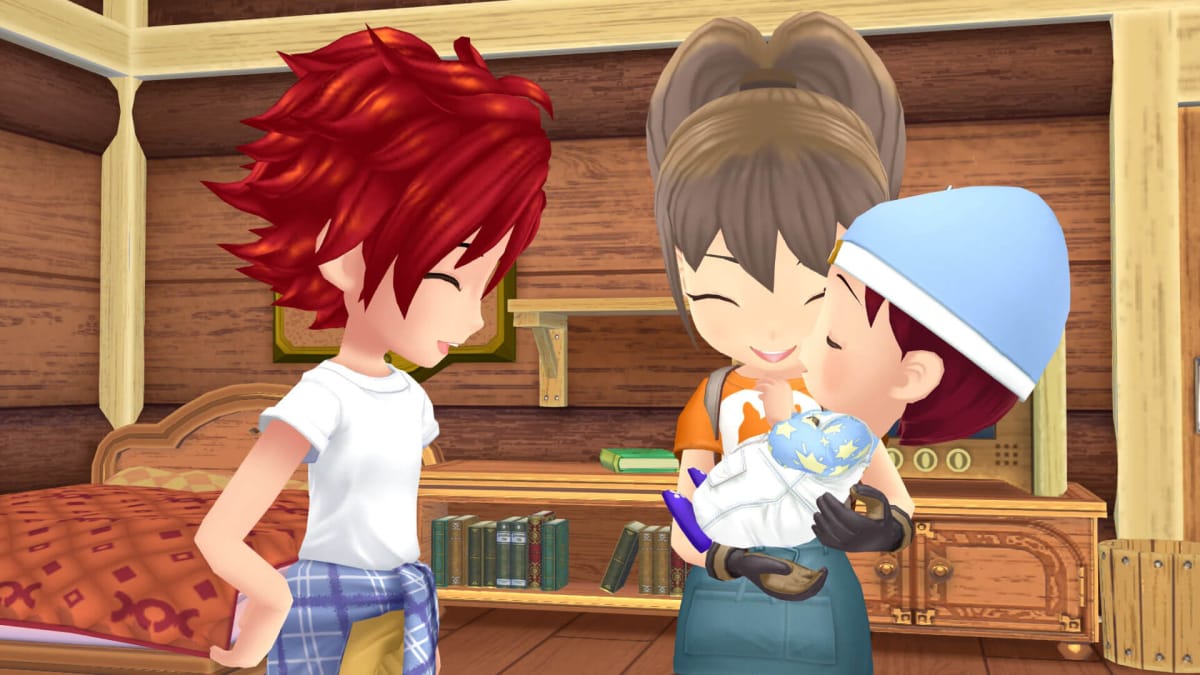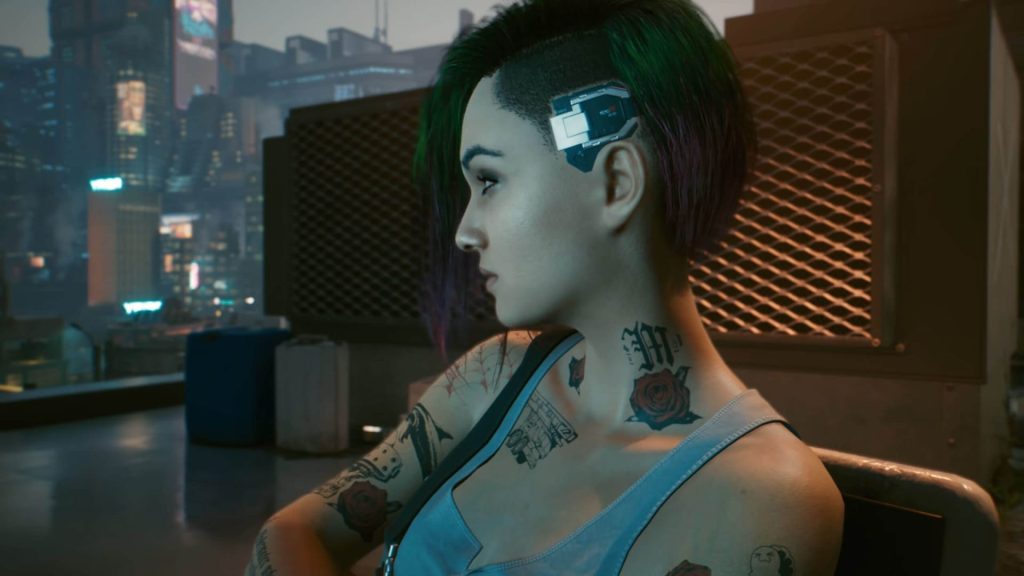LGBTQ+ advocacy group GLAAD has released its inaugural State of LGBTQ Inclusion in Video Games report, collecting data on LGBTQ+ gamers and representation within the medium.
According to GLAAD, the study is the first of its kind, and it aims to comprehensively examine statistics relating to LGBTQ+ issues within the gaming industry.
The study found that almost one in five gamers (roughly 17%) identify as LGBTQ+, which GLAAD says is an increase on the 10% reported in 2020’s Nielsen Games 360 Survey.
Despite this figure, the GLAAD study also found that “less than 2%” of major releases on PC and consoles include LGBTQ+ characters. This data is based on “publicly available tags and lists denoting LGBTQ-inclusive content”, according to GLAAD.
The study found that 70% of non-LGBTQ+ gamers would either be more likely or no less likely to buy a game if they learned that a character in that game was LGBTQ+.
LGBTQ+ gamers, on the other hand, say that they would be more likely to play such a game, and 75% of LGBTQ+ gamers surveyed say that seeing a character in a game who shares their identity or orientation “makes them feel better about themselves”.
Encouragingly, the majority of gamers surveyed, whether they were LGBTQ+ or not, agreed that they appreciated “how gaming allows them to experience perspectives of people different from themselves”.

More soberingly (but perhaps not surprisingly), GLAAD’s report found that LGBTQ+ gamers often experience harassment.
52% of LGBTQ+ gamers surveyed said they had experienced harassment while playing online, and 42% said they’ve avoided playing certain games due to the fear of harassment. 27%, meanwhile, have quit a game due to harassment.
There’s hope on the horizon, though. According to GLAAD’s study, 55% of LGBTQ+ gamers who live in states that have recently passed anti-LGBTQ legislation say they feel “more accepted in the gaming community” than amongst the general public.
Representation may be lagging behind, but some publishers, developers, and pressure groups are working to increase LGBTQ+ visibility in the gaming world.
Back in 2022, EA and Maxis decided not to release The Sims 4‘s My Wedding Stories expansion in Russia due to the country’s restrictive anti-LGBTQ+ laws. The expansion was subsequently released in Russia, but was not censored in any way.
Additionally, following a call from LGBTQ+ developers, Rockstar removed some of Grand Theft Auto V‘s transphobic content in a re-release of the game, also in 2022.
You can read the full GLAAD State of LGBTQ Inclusion in Video Games report right here, and I’d recommend doing so; it’s got tons of fascinating stats to peruse.



